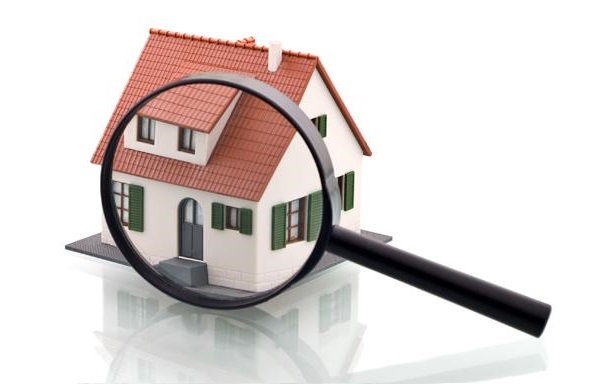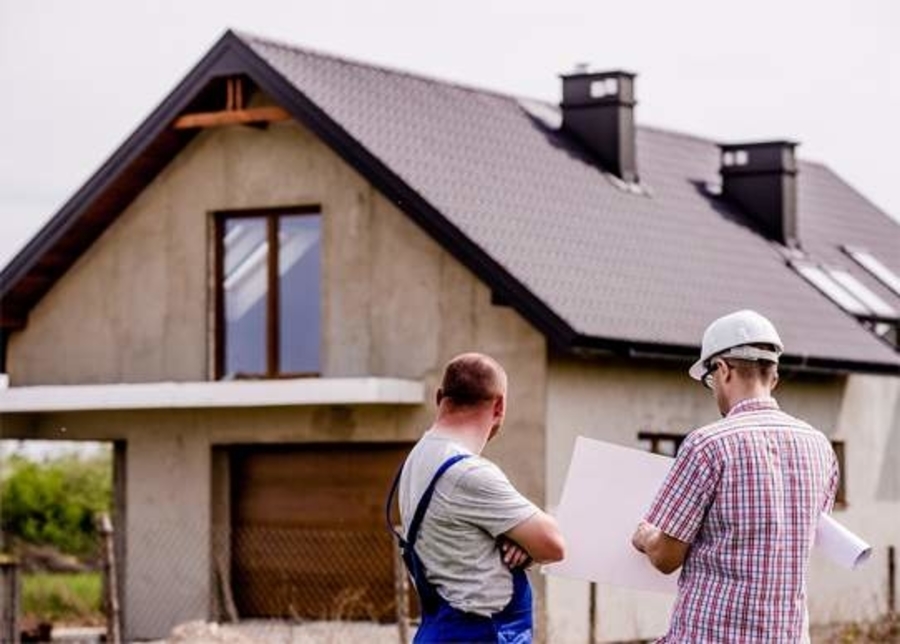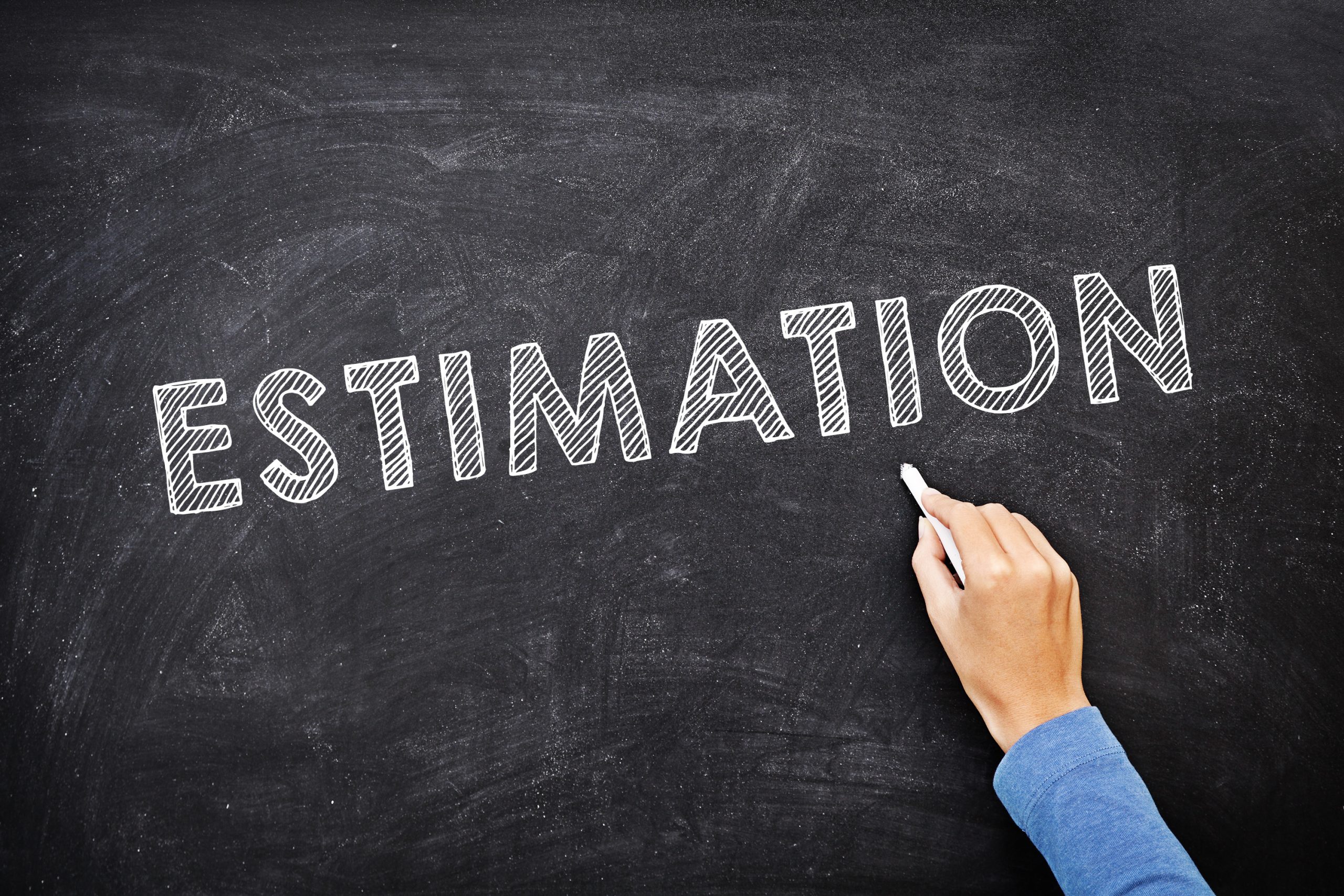When you purchase a new property, a home inspection should be one of the things to do. A home inspection is a part of a typical real estate transaction, regardless of whether the buyer pays for it or not. At the same time, a home inspection can help buyers compile a wish-list of their must-have improvements.
This information gives both buyers and sellers helpful information that impacts the property’s value. To get an accurate assessment of what’s being funded with the mortgage, lenders sometimes require an on-site inspection. Hence, it’s always wise to conduct a pre-purchase inspection.
Here’s a brief guide Draper Realty brings you about home inspections and the essential things you should know about them:
01. What is a Home Building Inspection?

In simplest terms, building inspections help ensure that you’re getting a safe property, have a good investment, and avoid having a lot of upkeep to perform before moving in. In addition, a home inspection is an impartial inspection of a prospective property to ensure that both the buyer and seller are getting precisely what they expect before they sign the contract.
Third-party inspections look over the structure, systems, appliances, and other features of a home. Thus, before you sign off on the house, a new home building inspector will give you a report on all findings, and you can address any issues with the builder if needed.
02. Are Home Inspections Mandatory?
Unlike mandatory home appraisals, home inspections are optional but are still recommended by lenders and real estate agents. You must pay for a review if you decide to proceed with the purchase.
Take note that a home may appear unspoiled, but, in reality, it can be riddled with problems. Fortunately, an experienced and competent home inspector will detect any issues. These inspections are non-invasive, so you shouldn’t expect your inspector to compromise the building’s exterior integrity. Still, even with a non-invasive inspection, they’ll get a complete picture of the house and raise any issues that may have arisen.
03. Important Things to Keep in Mind Before Home Inspections
- Check your Home Inspector’s Qualifications:

One of the best ways to find out about an inspector’s credentials is to research what state and regional the home inspectors’ organizations belong to. In some cases, experience, ongoing training, and/licensure are required. The most effective inspectors are those who maintain a passing score and complete specific continuing education requirements.
Also, find out what the inspector’s level is in the organization. Associations have ‘candidate’ and ‘associate’ membership levels which, for the most part, means that the inspector hasn’t completed the process for full membership.
- Ask your Home Inspector to Meet You at the Property:

In every instance, it’s a great idea to meet the home inspector at the target property. This way, you can speak with them and learn any information you want. After the inspection, the home inspector can go over any problems discovered in the home.
Thus, let your home inspector know when you’ll be able to make an inspection. Also, ensure that they’ll have an easy and transparent way to get into the property.
- Consider Getting a Home Inspection Before Putting Your Property on the Market:
If you’re the seller, you have the option to have a home inspection before listing your property. Having a home inspection before you put your property on the market will help ensure there are no unpleasant surprises for both you and the buyer later on.
A prior diagnosis can predict any problems with the house, and you can take your time fixing them. Once the repairs are complete, you rest assured that your property will become more attractive to buyers.
- Check to See if Repair Estimates are Available Before You Proceed With Repairs:

If you’re selling the house, getting an agreement on the repairs before they’re done can prevent budget shortages and disagreements. If the buyer is seeking an inspection, you’re more than likely to have repairs done already, which hastens the process of selling the house.
If you’re the buyer, request for a home inspection with your seller to see if the property they’re selling is in good condition. If there are any problems found during the inspection, negotiate with the seller to either have it repaid or give a lower price, which is based on the house’s current condition.
04. What Happens After the Building Inspection?

Depending on what shows up in the home inspection, you’ll have a few options on what to do with the home.
If you’re the buyer and the house only needs minor work, you can proceed with the purchase as you originally planned. When the investigation uncovers significant problems, you should determine how serious they are and decide whether they’re a deal-breaker or not.
If you’re the seller, you can discuss the inspection results with your buyer to determine what they want to get fixed. You can also make the decisions by yourself if the property isn’t up on the market yet.
Talk to a contractor or bring in a specialist to estimate the repair you need so you’ll be able to make the home functional and presentable. The inspector may reveal serious issues that are costly to repair, such as structural damage or a broken water heater. The seller can make repairs or you can get a reduction in the price in return for these issues. If they refuse to renegotiate, you’re entitled to your deposit if you have a home inspection contingency included in your contract.
Being able to pay an additional fee for a professional home inspection gives you peace of mind because you want to avoid potential problems in the first place. Whether you’re the seller or the buyer, having a building inspection will help ensure that the house is safe to live in for a long time.
Takeaway
Before you buy or sell a home, a home building inspection will provide you with valuable information. They also aid in making major life-changing decisions once you’ve finalized the house’s purchase. Also, your home inspection report could help you determine what needs to be done and help plan for future expenses.
Before you purchase a home, you need to take all of the additional steps to become familiar with the home inspection process. Ensure you’re aware of every corner of your house so you don’t face any problems in the future!
Before you leave, don’t forget to read following article:
